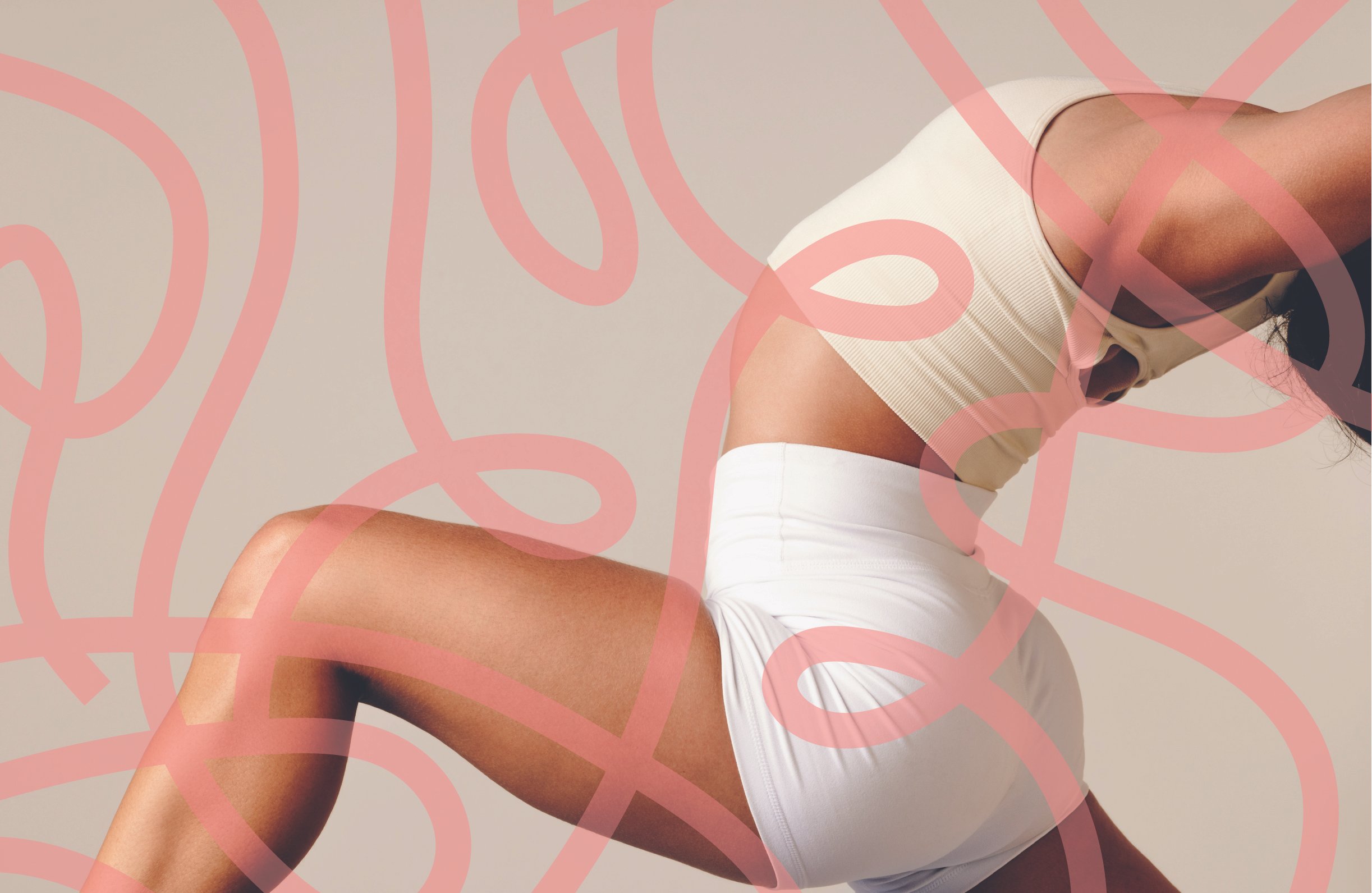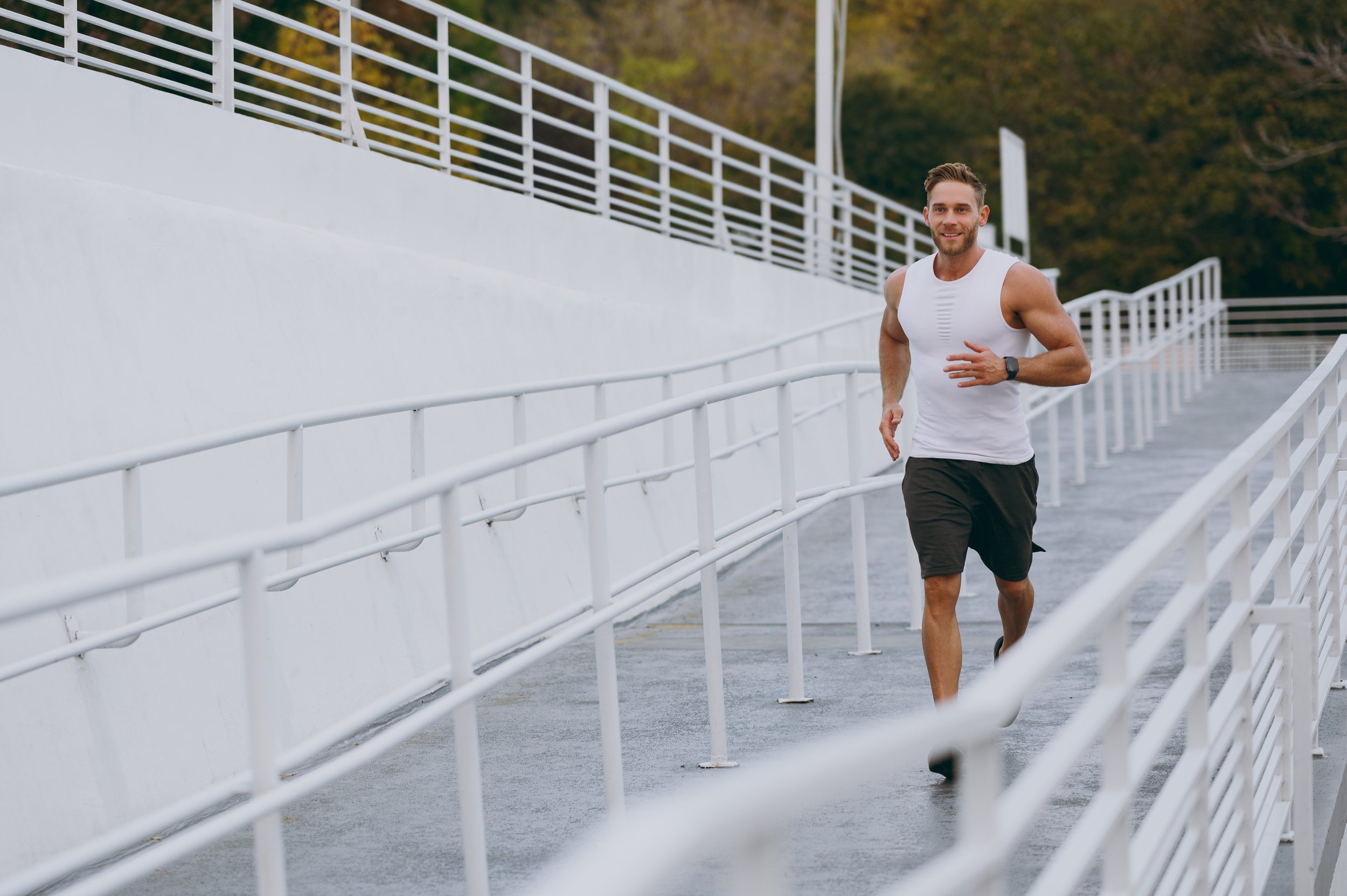FAQ’s
-
Colon hydrotherapy is not a panacea or cure-all treatment; however, it may be a helpful procedure in alleviating a wide range of disease symptoms.
Symptoms that may respond to colon hydrotherapy include low immunity, colon-related conditions such as irritable bowel syndrome (IBS) and constipation, healing of skin conditions such as acne and sores, relief from headaches, fatigue and swelling.
Colon hydrotherapy assists the colon in eliminating waste more efficiently, relieving any toxic burden on other organs and channels of elimination, such as the liver and kidneys.
-
No. Your colon is approximately as long as you are tall so there is a lot of area to cleanse. You can’t cleanse the colon during one session, this is why people normally do a series of colon hydrotherapy sessions to thoroughly cleanse, hydrate and create a better environment. Your therapist will help you design a personal colon cleanse that compliments your health goals.
-
Colon hydrotherapy involves infusing purified, temperature-regulated water into the colon to hydrate it and activate the removal of accumulated waste.
A colonoscopy is a medical procedure performed to examine the large intestine (colon) and rectum for changes, such as swollen, irritated tissues, polyps or cancer.
-
No. An enema only cleanses the rectum and the terminal portion of the colon, not the entire colon. Repetitive use of laxatives can lead to colon weakening or irritation and become habit-forming.
-
Yes, our therapists are internationally certified in open colon hydrotherapy, and we use disposable, single-use supplies. The colon hydrotherapy room and equipment are thoroughly cleaned and sanitised after every session.
-
There are several medical conditions where it is not advised to undertake colon hydrotherapy.
List of Conditions / ContraindicationsIf you feel or know you suffer from any of these conditions, please let your colon hydrotherapist know in order to ensure the best path forward.
Or alternatively discuss it with your doctor and gain consent prior to undergoing treatments. -
Colon hydrotherapy is not painful at all.
Occasionally, during the session, you may experience contractions of cramping or gas in your abdomen that has a similar sensation to diarrhoea. You may also experience slight pressure in the rectum, like just before having a bowel movement. As you push the water and waste out, this feeling passes.
Your therapist will coach you on how to take the water into your colon and gently release the water to make the session as comfortable as possible.
After the session you normally feel light in your abdomen and refreshed all over.
That is why we say you’ll feel great from the inside out!
-
You can have a colon hydrotherapy session without any preparation; however, avoiding some foods may allow for an easier and more comfortable treatment.
A few days before your treatment, you may also like to minimise caffeine, alcohol, sugar, meat, bread, soft drinks, and heavy and processed foods. This will assist the body in beginning detoxing before your session.
On the day of your treatment, it may help to eat light meals like steamed vegetables, soup, smoothie, vegetable juice and salad options.
Try not to eat anything two hours before your treatment, especially anything heavy.
Keep hydrated by drinking 1 to 2 litres of water and fluids like herbal teas.
-
After your session, the therapist will provide you with an electrolyte drink and a probiotic to replenish the levels of good bacteria in your gut.
The aim is to stay hydrated through water intake, herbal tea, soup, etc, especially if you are prone to constipation.
After your session, it may help to eat light and ‘easy to digest’ foods for the remainder of the day, such as steamed vegetables, soups, broths and vegetable juices. Reduce heavy meat consumption for a few days; lean meats or fish are lighter options.
Continue to avoid/minimise caffeine, alcohol, sugar, bread, soft drinks, and heavy and processed foods on the day of the session and in the following few days.
Here are some happy colon health tips
Consume filtered water & fluids
Include fibre in the diet from fresh vegetables, fruits
Enjoy exercising regularly by stretching, rebounding, bike riding, walking or swimming.
Include probiotic supplement foods that naturally contain probiotics into your diet, such as cultured vegetables (sauerkraut, pickles), fermented dairy and non-dairy products (yoghurt, kefir).
Include prebiotic foods such as apples, bananas, oats, flaxseeds, garlic and cocoa.
-
Colon cleansing dates back to 1500BC as documented by Egyptians
Approximately 80% of the immune system is in the gut
Approximately 95% of serotonin is secreted in the gut
Bowel cancer is the second most common cancer affecting people in New Zealand.


